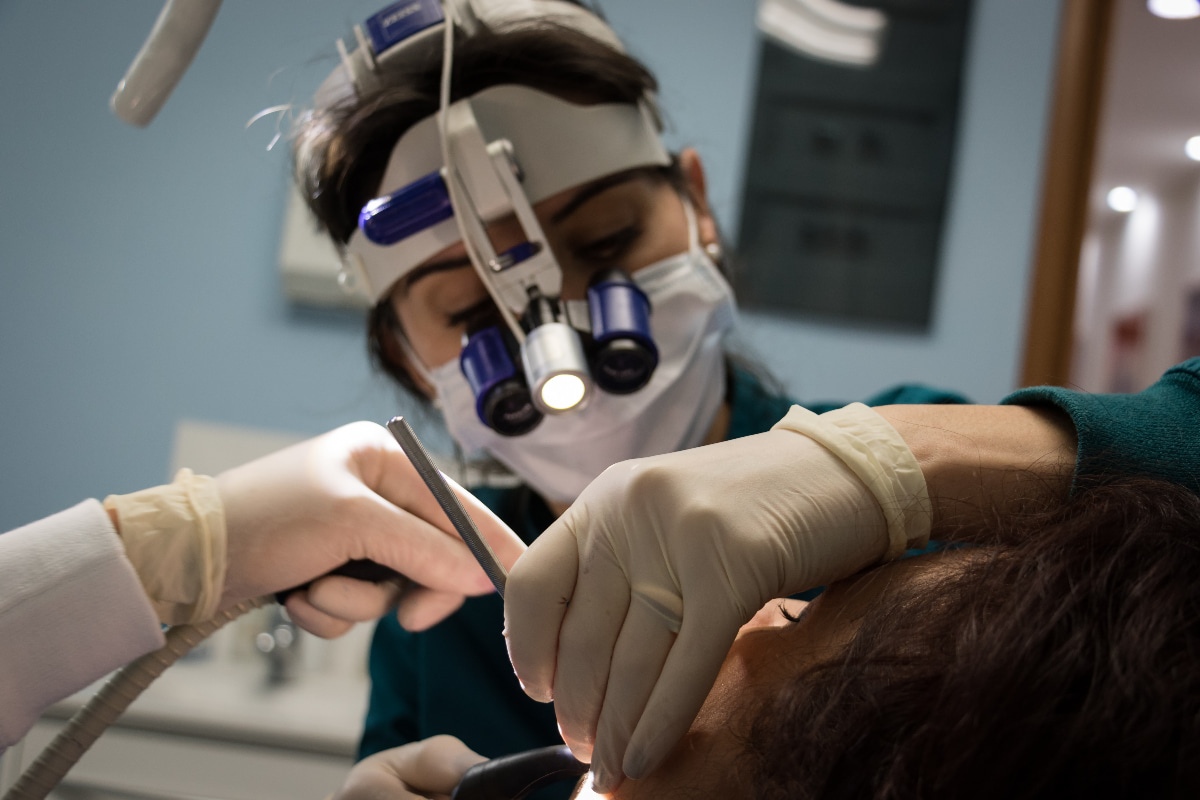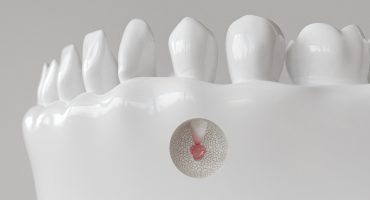When is a tooth transplant useful and feasible?
Dentists recommend the transplantation of teeth especially in the case of non-placement or premature loss of permanent teeth. The reason for tooth loss of permanent teeth are diseases such as caries and periodontitis, as well as trauma. A special case are ankylosed children's teeth. In such a case, tooth root and bone are morbidly fused. In children, this can hinder the growth of the jawbone. In such cases, the maxillofacial surgeon will advise to transplant a tooth with intact rooting, since such a tooth stimulates jawbone and root growth.
How tooth transplants and the healing process of the periodontium and the dental pulp proceed is scientifically well documented today. Oral surgeons achieve particularly good results with the transplantation of wisdom teeth, deciduous teeth and premolars.
Much of the dental transplanting is done on children and adolescents. Since bone growth is not yet complete in this patient group, the chances of a successful healing process and ingrowth of the transplanted tooth are particularly high. In general, oral surgeons perform transplants of the teeth as well in older patients.



